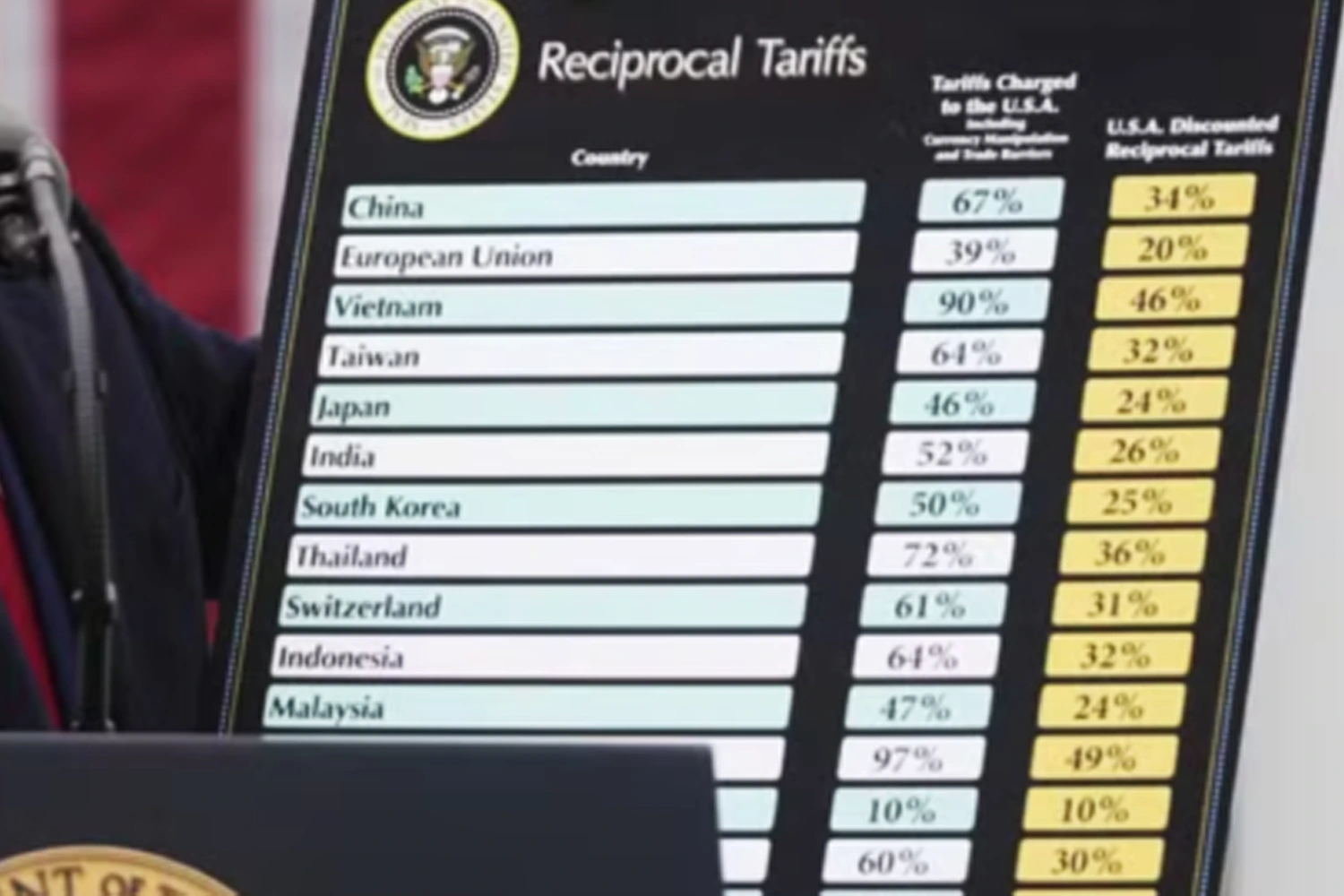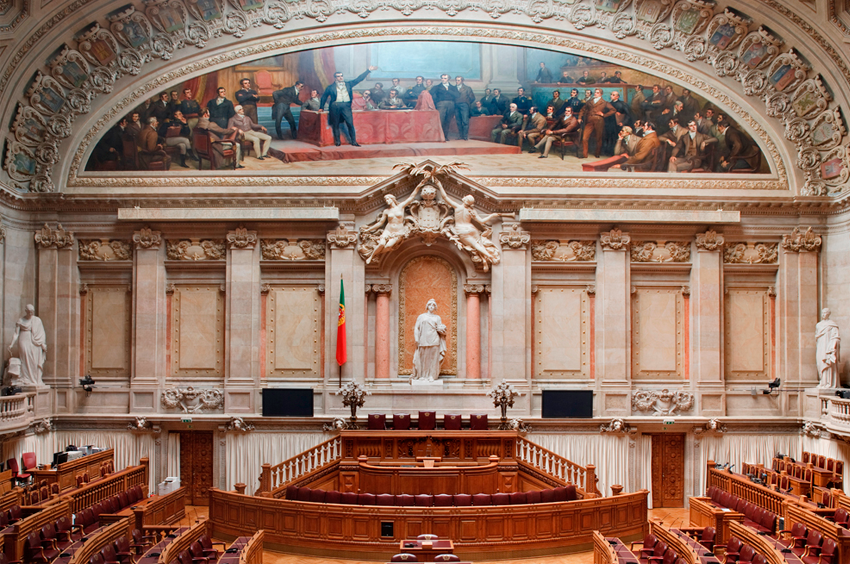Portuguese companies and the global scenario: the impact of US tariffs

In an increasingly interconnected world, political decisions in major economies directly affect companies and consumers in other countries. This is the case with the new US trade policy, which foresees an increase in import tariffs and could affect strategic sectors of the Portuguese economy. For those who export to the US market, the coming years will require adaptation and strategy. Read the full article on here.
Sectors most exposed to Trump's tariffs
- Textiles – Strong export presence and high sensitivity to cost variations.
- Non-metallic mineral products – Like glass, ceramics and cement, they face significant additional costs.
- Drinks – Portuguese wine, for example, could become less competitive with higher tariffs.
- Electronic and communication equipment – They require tight margins and constant investment.
- Leather – Traditional in the national industry, it is also among the sectors with the greatest exposure.
The Bank of Portugal estimates that a tariff hike could reduce Portuguese GDP by up to 1.1% over the next three years. In addition to direct tariffs, the climate of uncertainty affects investments, production chains and consumption.
Adapting to new global dynamics also involves broadening horizons. Investing in Europe opens doors to new markets and facilitates global mobility. Contact Martins Castro and discover more advantages about the Golden Visa.

"Because of a controversy, they are changing a historical reparation," says Isabel Comte.
The proposed changes to the Nationality Law in Portugal remain at the center of public debate, even after the decision […]

"The Constitutional Court gave time, it didn't change the law," says a lawyer from Martins Castro.
The recent decision by the Portuguese Constitutional Court, which blocked key parts of the government's proposal to tighten access […]

Nationality for minor children: why is the process usually simpler?
Among the various pathways provided for in the Portuguese Nationality Law, transmission to minor children is usually perceived as a […]